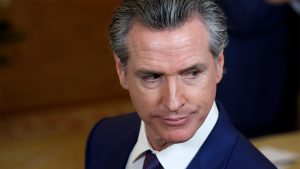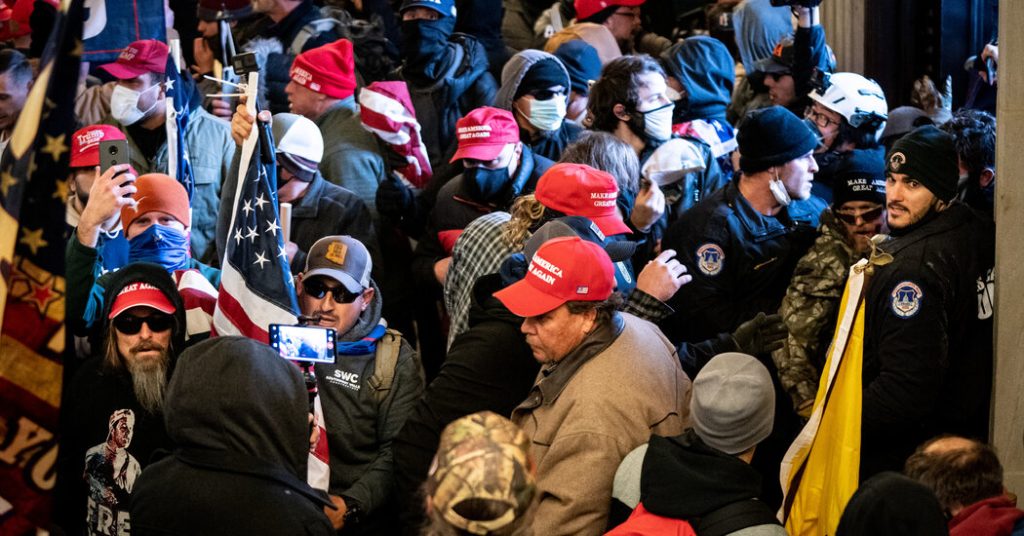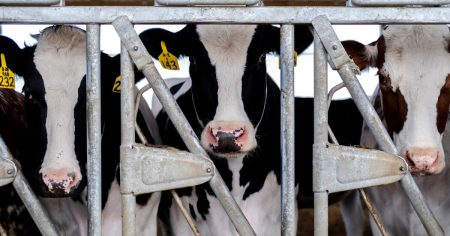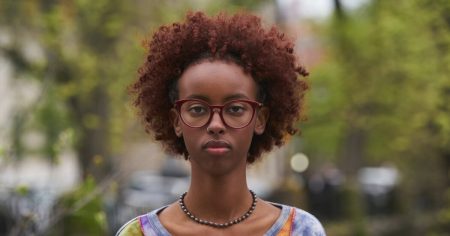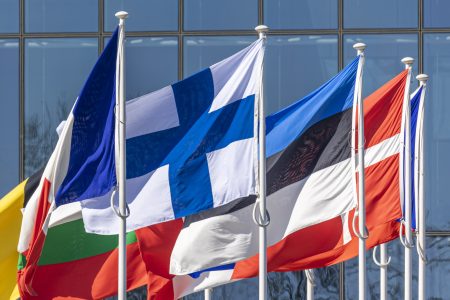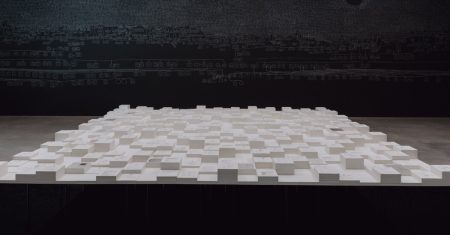The Supreme Court heard arguments on Tuesday regarding the use of a federal obstruction law to charge rioters involved in the Capitol attack on Jan. 6, 2021. A decision rejecting the government’s interpretation of the law could impact prosecutions and affect charges against former President Donald J. Trump. The justices questioned the law’s application to the assault and whether it has been stretched by prosecutors to reach members of the mob. Justice Clarence Thomas raised concerns about selective prosecution, asking if the provision had been applied to other protests.
The law in question, part of the Sarbanes-Oxley Act passed in 2002, aims to prevent the destruction of evidence to interfere with official proceedings. The provision is broad, covering not only the destruction of evidence but also corruptly obstructing, influencing, or impeding any official proceeding. Joseph W. Fischer, a former police officer involved in the Capitol assault, is facing charges under this law. The statute is also central to charges against Mr. Trump in his election subversion case and has been applied to over 350 individuals who participated in the Capitol riot.
Mr. Fischer’s lawyers argue that the first part of the law should limit the second part to obstruction related to the destruction of evidence. They interpret “otherwise” in the statute as meaning “similarly.” Prosecutors, however, contend that the second part is a broad catchall applying to various forms of obstruction of official proceedings. A key issue in the case is the definition of “corruptly” in the statute, with differing interpretations among judges. Judge Justin R. Walker expressed concern over the law’s potentially “breathtaking scope” if the term “corruptly” is not read narrowly.
The Supreme Court’s decision in Fischer’s case could also impact future cases involving Mr. Trump, who is facing additional legal challenges before the court. In a separate case next week, the court will consider Mr. Trump’s argument for total immunity from prosecution. The legal debate in Fischer’s case revolves around the interpretation of the Sarbanes-Oxley Act and whether the conduct he is accused of falls under the law. The court will need to clarify the meaning of “corruptly” and determine the scope of the obstruction provision in the statute.
In a past case involving the Sarbanes-Oxley Act, the Supreme Court ruled that undersized red grouper were not “tangible objects” under another provision aimed at addressing the destruction of evidence. The case involved a fisherman who threw fish overboard to obstruct an investigation, arguing that fish were not covered by the term “tangible object.” The court narrowly interpreted the law’s scope, considering the term “tangible object” in the context of white-collar fraud rather than broadly applying it to all objects destroyed with obstructive intent.
As the Supreme Court deliberates on the application of federal obstruction laws in the Capitol riot cases, the outcome could have significant implications for ongoing prosecutions and future cases involving similar conduct. The justices are tasked with interpreting a statute that is not clearly defined, grappling with questions of selective prosecution, the meaning of “corruptly,” and the intended scope of the law. The legal arguments raised in Fischer’s case may shape how the Supreme Court approaches similar cases in the future and impact the prosecution of individuals involved in the events of Jan. 6, 2021.
